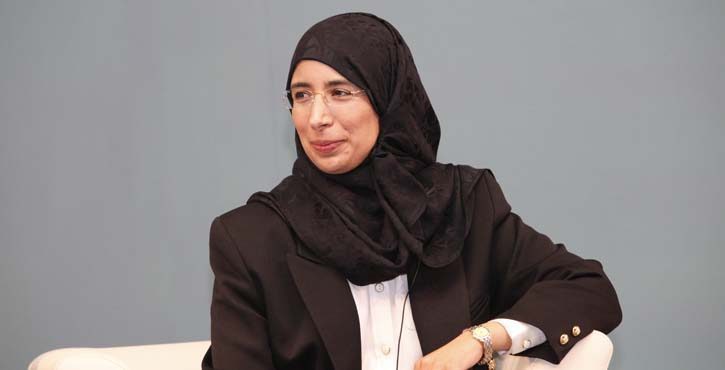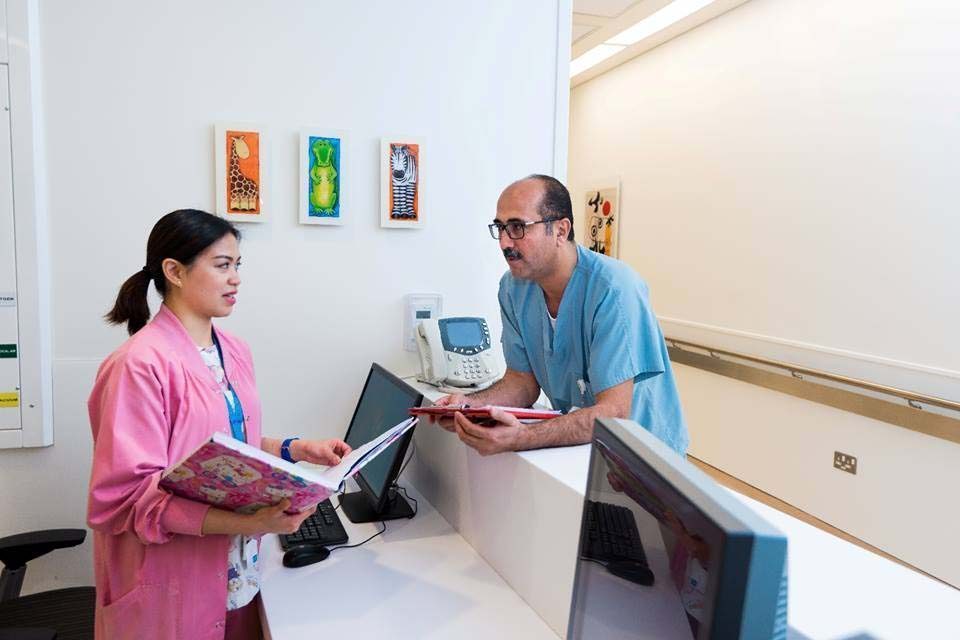
In an effort to weed out unqualified healthcare providers in Qatar, the government has launched a new uniform licensing and development program for all doctors, nurses, paramedics and alternative medicine practitioners in the country.
That means that some 25,000 currently licensed professionals must eventually obtain a new license under the unified National Continuous Medical Education and Professional Development (CME/CPD) Program, headed by the Qatar Council for Healthcare Practitioners (QCHP), to be legally allowed to work in the country.

To do that, they must undertake professional development courses with accredited organizations for credits before their license is up for renewal.
To renew his or her license, each practitioner must successfully complete at least 80 credits across two years and log them in their personal e-portfolio. Failure to take the courses could lead to the suspension of their license.
This should help to raise and standardize training and quality of healthcare in Qatar, the QCHP said.
Additionally, if a practitioner does not work for two years, his or her license would be revoked, and they’d have to begin the process anew.
Single regulator
All healthcare practitioners will be governed by one program, and the QCHP will act as the single, regulatory authority, the Ministry of Public Health (MOPH) said in a statement.

Those who previously undertook training programs outside of Qatar are now required to take QCHP courses to maintain their licenses to practice in the state, the health regulator warned.
The new program starts with immediate effect, but practitioners whose license is due for renewal within the next three months will not be required to do any CPD prior to that.
For those with less than two years on their license, the CPD requirements will be worked out on a pro-rata basis.
“All doctors, nurses and other paramedical staff will be enrolled. This will include the practitioners of complementary medicine too,” Gulf Times quoted Dr Samar Aboulsoud, acting CEO of QCHP as saying.
The new program has been in the works for three years Aboulsoud said, adding:
“The aim of starting this program in 2013 was to organize the healthcare sector and to make sure that no-one is able to practice without a license,” Qatar Tribune reported.
Earlier this year, Qatar’s health ministry approved the practice of some alternative therapies including homeopathy, ayurvedic medicine, acupuncture, chiropractic treatments and hijama (wet cupping) in the country.
And it ordered that all therapists should be licensed, with the QCHP as regulator.
Improve care
Launching the program, the new Minister of Public Health Dr. Hanan Al Kuwari said the aim of the program was to standardize and improve the quality of care patients in Qatar receive.

“When patients receive health care in Qatar, they need to know that what is offered to them is the highest and best level of treatment, hence the role of this program, which ensures that all health care practitioners have the latest practical and academic and most convenient qualifications,” she said.
There are currently 10 accredited Qatar-based private and public organizations that provide the professional training courses, in addition to three online CPD providers, according to a list on the MPH’s website.
The QCHP will add more providers to the list in the coming months.
Guidelines for registering with the QCHP can be found on its website here, and more information on the CPD program is here.
Thoughts?







